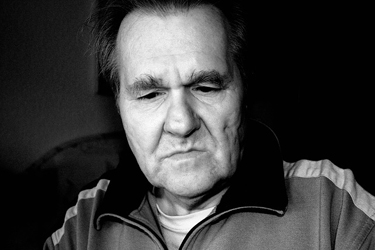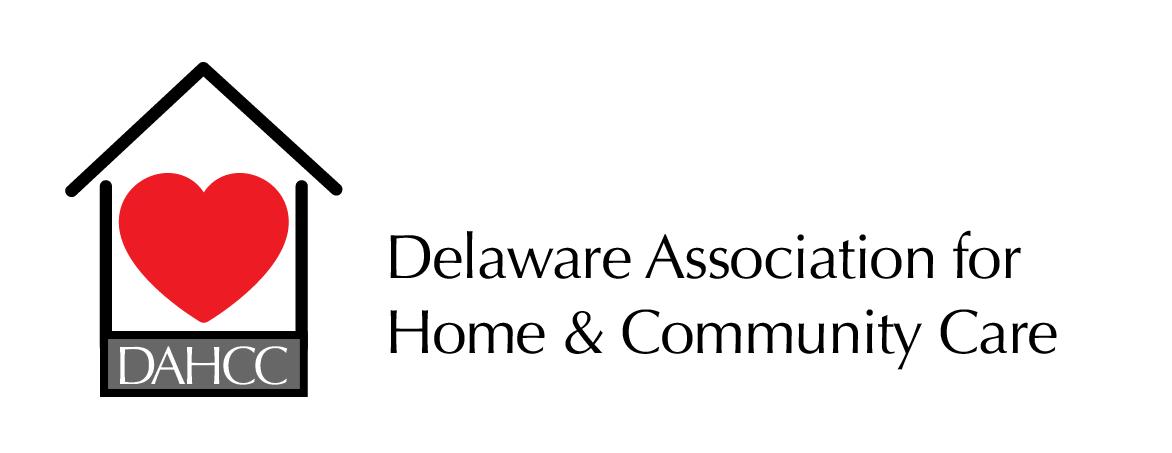How Healthcare is Failing Seniors & the Solution

It’s no secret that our healthcare system is failing in many ways, but it’s especially taking its toll on the senior population. Change is necessary, but it’s not an easy road. Let’s look at how healthcare is failing seniors and the solutions that will help those changes come about.
How Healthcare is Failing Seniors
 Do I Stay or Do I Go?
Do I Stay or Do I Go?
Everyone understands the natural desire of any senior citizen to want to remain at home and function independently for as long as possible. We all also understand the natural decline in functionality that is integral to growing old and the varying degrees of independence that are ultimately robbed by the aging process. Not everyone realizes, however, the inadvertent conspiracy against senior independence enacted by society and how that accelerates the dilemma they ultimately face regarding where they will live out their lives—Do I stay or do I go?
The Nightmare of Logistics
Most seniors, for instance, eventually rely on other people or paid transportation to get to doctors’ appointments, the pharmacy, and physical therapy visits. Unfortunately, taxi drivers routinely decline to transport the elderly because they move slowly and are, therefore, detrimental to the need to be efficient in order to maximize their income. As a result of this practice, many appointments are missed and many prescriptions remain at the pharmacy, ready for pick-up.
The Silo Syndrome
Within the medical community, well-meaning doctors function in silos, prescribing medications that are effective on isolated symptoms but are detrimental to the patient’s overall health, either cancelling out other medications or combining to produce adverse reactions that contribute to physical instability. While this happens to all segments of the population, the elderly are especially vulnerable to the lack of an overall care plan that is coordinated among physicians who communicate and consult as a team, further demonstrating how the healthcare system is failing seniors.
The Training Void that creates the Treatment Void
Surprisingly, doctors are not routinely trained in geriatrics beyond the obvious syndromes of dementia and falls, leaving them to treat the elderly exactly as they do their younger patients, ignoring both the physiological and psychological ramifications of growing old.
Chasing the Dollar
And perhaps saddest of all is the fact that caring for the elderly is simply not lucrative enough for physicians to pursue the practice. Medicare reimbursement cutbacks have prompted many doctors to stop treating Medicare patients or to provide only basic treatment that requires as little of their time as possible. As in the world of the taxi driver, stopping long enough to do justice to the elderly interrupts efficiency and the income stream.
With all contributing factors converging at once, the question for elderly individuals and their families can quickly evolve from Do I stay or do I go? to Can I stay or must I go? But looking at how healthcare is failing seniors is not the end of the story, because there are several solutions that are proving to help reduce these issues.
The Solutions
The Caregiver Alternative
Can anything delay this evolution and keep seniors at home longer, contributing greatly to their enhanced emotional health and contentment in their latter years? The most obvious answer is the addition of a home care caregiver, that well-matched professional stranger who soon morphs into a member of a family, eliminating much of the stress of independent living, while keeping the senior in their environment of choice. While this solution must be implemented at the family level and cannot address the dysfunction of the healthcare community at large, it does free the senior from the nightmare of logistics, provides much-needed social interaction, and ensures for the family that the well-being of their loved one is someone’s priority.
Care Management
Seniors need an advocate; they need someone who is on their side fighting for them and helping them navigate the healthcare system. That’s what care management services are all about. By being assigned a personal care coordinator, seniors can rest assured that their individual needs are being met and that there will be no overlap or gap in care. They can get their questions answered easily from someone who knows their case inside and out, and they can feel confident that there is someone looking out for them and ensuring that the fragmented parts of the healthcare system are more integrated for their needs.
Care Integration
With the current fragmentation of the healthcare system, the physicians and healthcare providers aren’t able to keep up with everything that is being thrown at each patient. Medications are overlapped, creating dangerous results and providers aren’t talking to one another about an integrated method of treatment. That’s why being part of an integrated network can present an excellent solution for seniors. Each CarpeVITA Health Network provides patients with integrated care carried out by healthcare providers that are working together for each individual patient and facilitated by software that ensures all providers, pharmacists, caregivers and family members are able to see the whole care plan picture.
Sources:
http://content.healthaffairs.org/content/34/3/528.full




